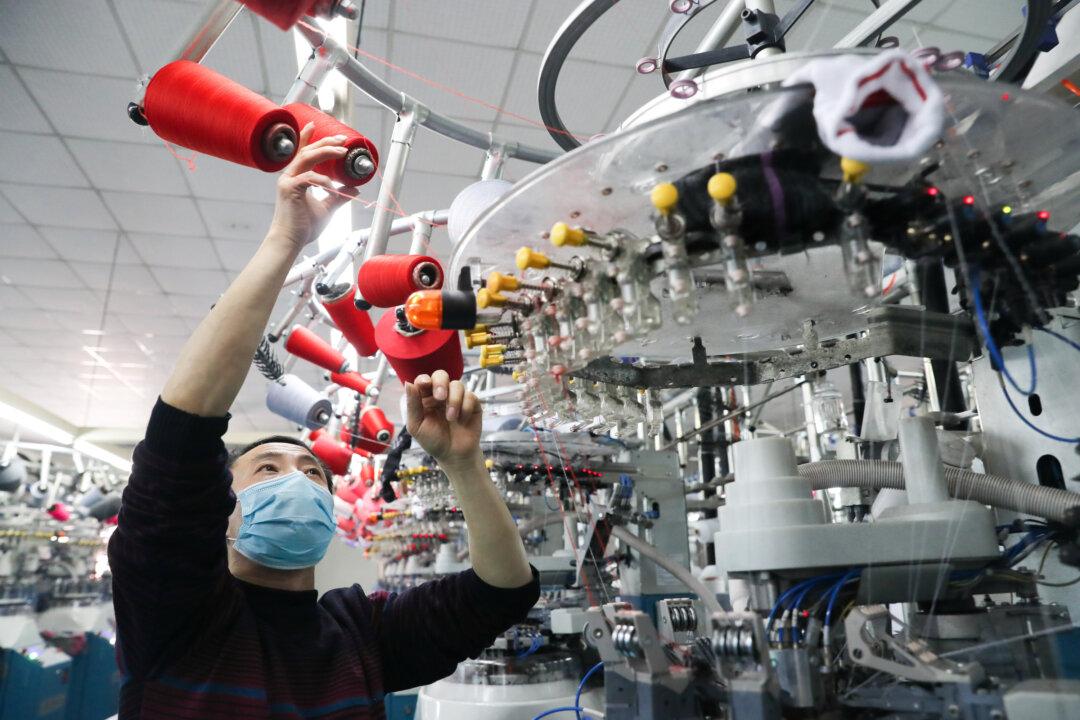BEIJING—Big manufacturing hubs on the Chinese coast are starting to loosen curbs on the movement of people and traffic while local governments prod factories to restart production, following weeks of stoppages due to the coronavirus outbreak.
In their early efforts to contain the virus, authorities extended a week-long Lunar New Year holiday in late January by about 10 days, instituted quarantines, and imposed restrictions on traffic in large parts of the country.





